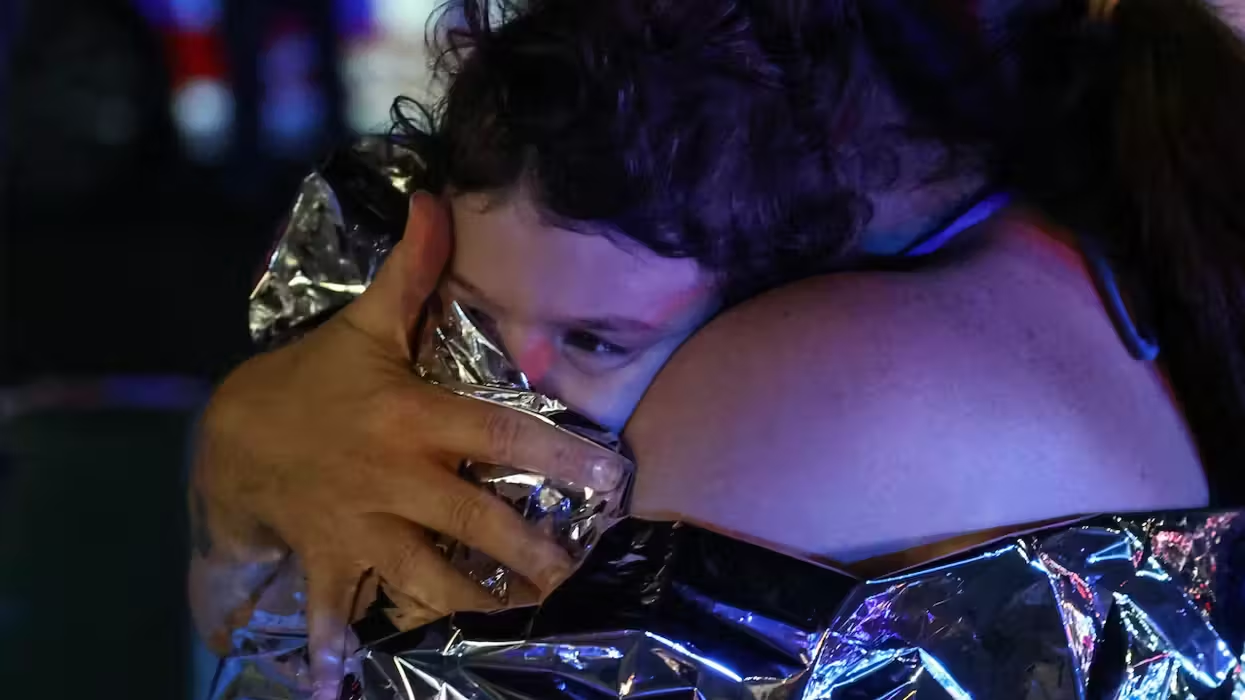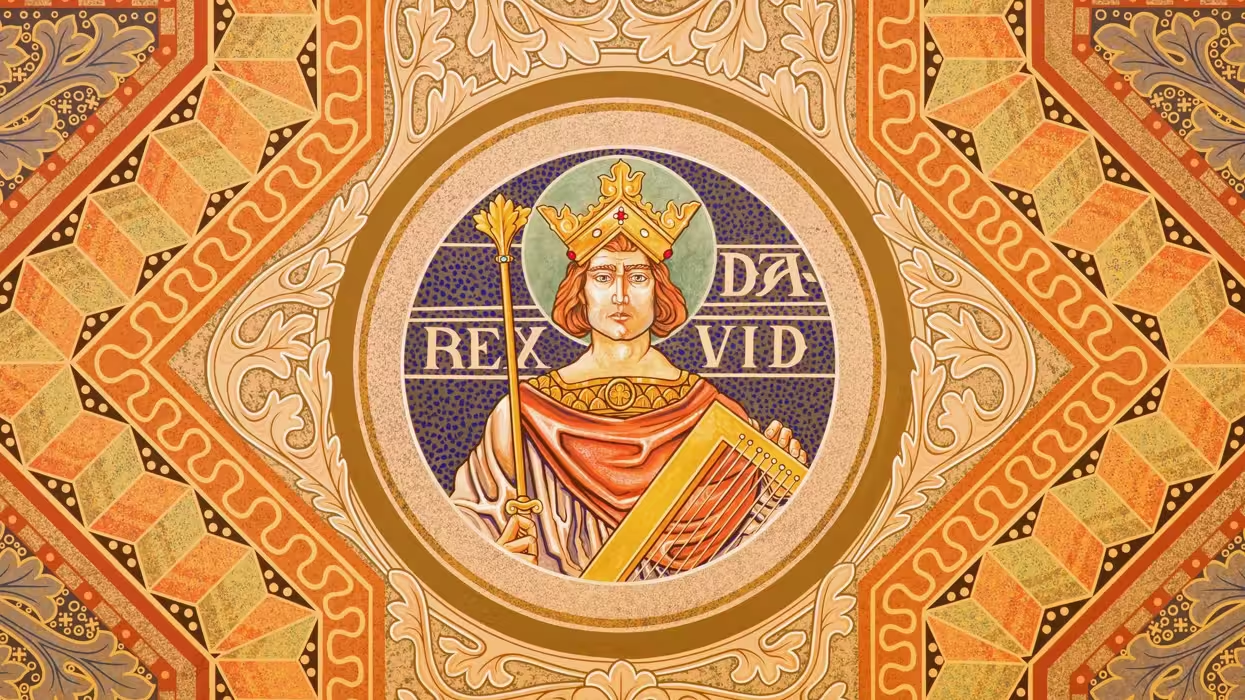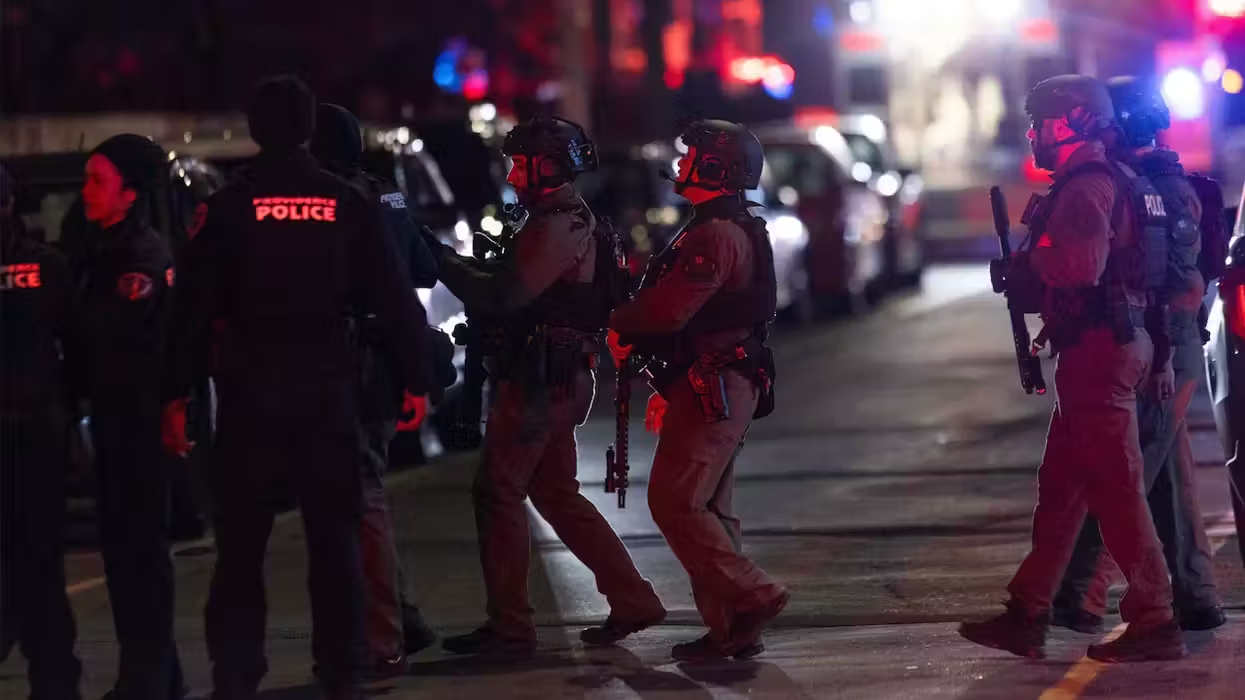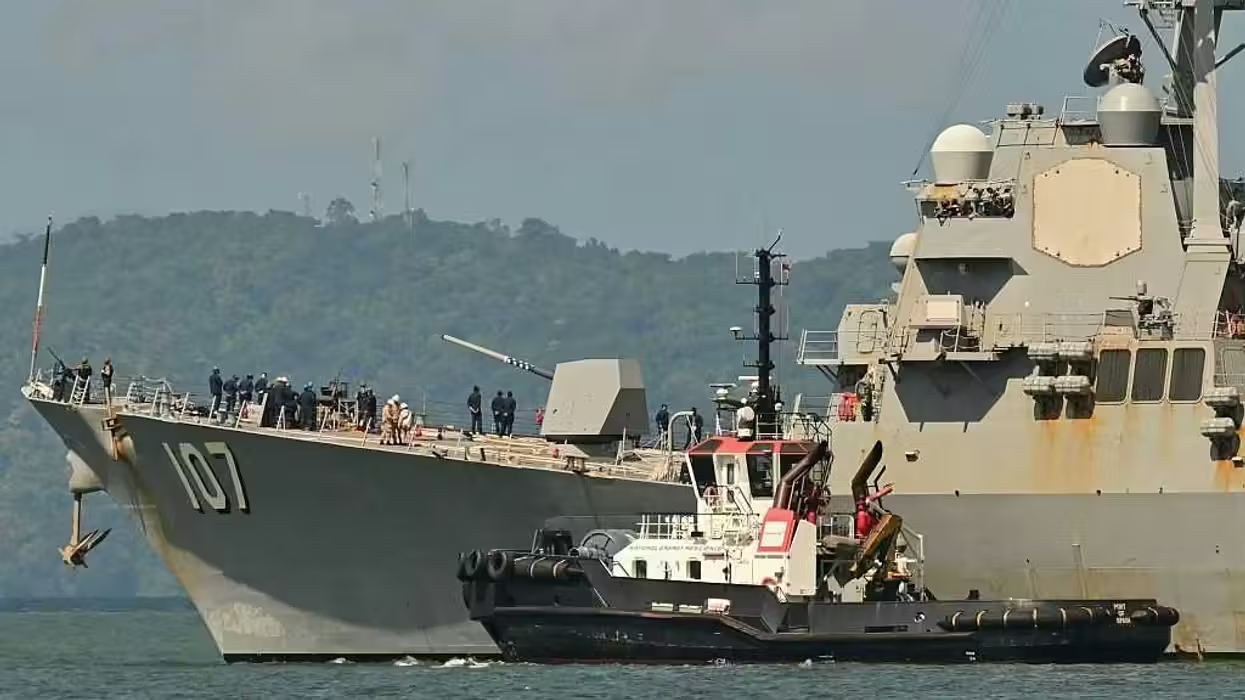
© 2025 Blaze Media LLC. All rights reserved.
Iraqis Wrestle Over What to Do With Koran Written in Saddam's Blood
December 20, 2010
"It was wrong to do what he did."
In what the UK's Guarian describes as a "ghoulish bid for piety," Iraqi dictator Saddam Hussein ordered a 605-page copy of the Koran to be written using 27 liters of his own blood in the late 199s. But since the fall of Baghdad and Hussein's execution, the disturbing artifact has remained out of sight, locked away in a mosque in Iraq's capital city for the past three years as Iraqis debate over exactly what to do with it:
"What is in here is priceless, worth absolutely millions of dollars," said Sheikh Ahmed al-Samarrai, head of Iraq's Sunni Endowment fund, standing near the towering minarets of the west Baghdad mosque that Saddam named "the Mother of All Battles". Behind him is the infamous Blood Qur'an, written in Saddam's own blood.
According to the Guardian, there are two main opposing points of view: the government vs. the Sunnis themselves. The new Shia-led Iraqi government has been doing all it can to prohibit access to the relic, "sensitive to the re-emergence of any symbols that might lionise the remnants of the Ba'athist rank and file." On the other side, Iraqi Sunnis who fear possible "divine disapproval" if they treat this particular volume of the Koran with the reverence of a holy book.
"It was wrong to do what he did, to write it in blood," says Sheikh Samarrai. "It is haraam [forbidden]."
But in face of serious punishment, Samarrai has been acting as the document's protector since the U.S.-led invasion arrived in 2003, hiding pages in his home and in the homes of his relatives:
"I knew this would be much sought after and we made the decision to protect it. But to see this now is not easy. There are three keys and none of them are held in the one place. I have one, the police chief in the area has another and there is a third in another part of Baghdad. There has to be a decision of a committee to let you in."
The Guardian notes that a number of other Saddam-era relics have been dealt with, including the large Saddam statue that U.S. Marines toppled in April 2003.
Want to leave a tip?
We answer to you. Help keep our content free of advertisers and big tech censorship by leaving a tip today.
Want to join the conversation?
Already a subscriber?
more stories
Sign up for the Blaze newsletter
By signing up, you agree to our Privacy Policy and Terms of Use, and agree to receive content that may sometimes include advertisements. You may opt out at any time.
Related Content
© 2025 Blaze Media LLC. All rights reserved.
Get the stories that matter most delivered directly to your inbox.
By signing up, you agree to our Privacy Policy and Terms of Use, and agree to receive content that may sometimes include advertisements. You may opt out at any time.






